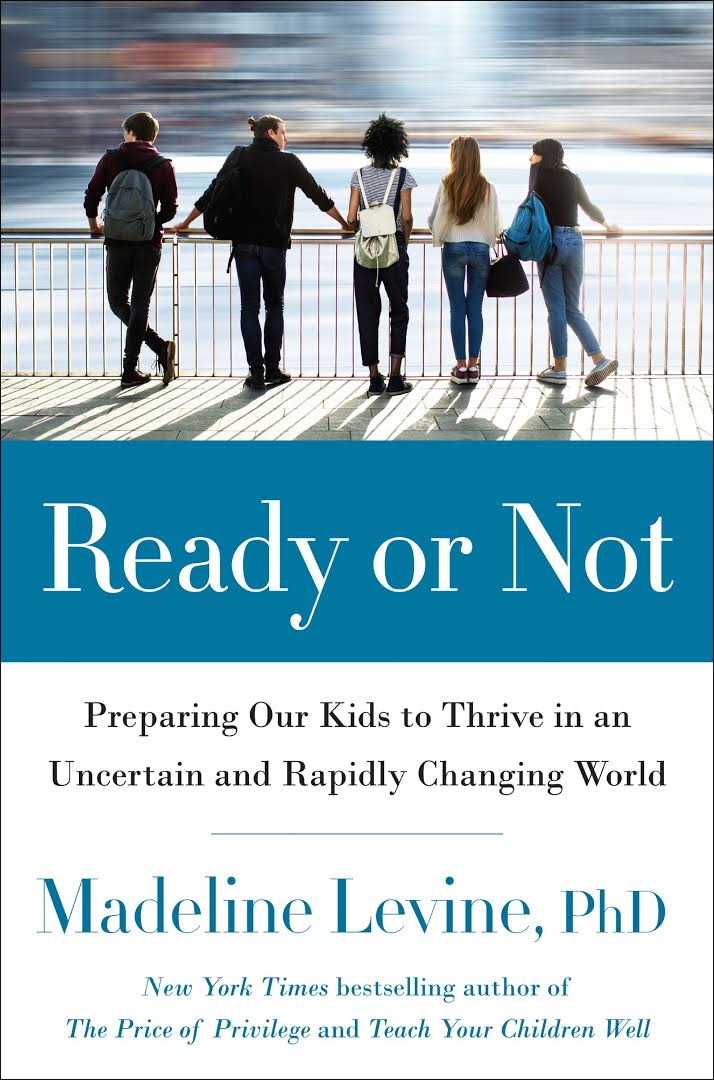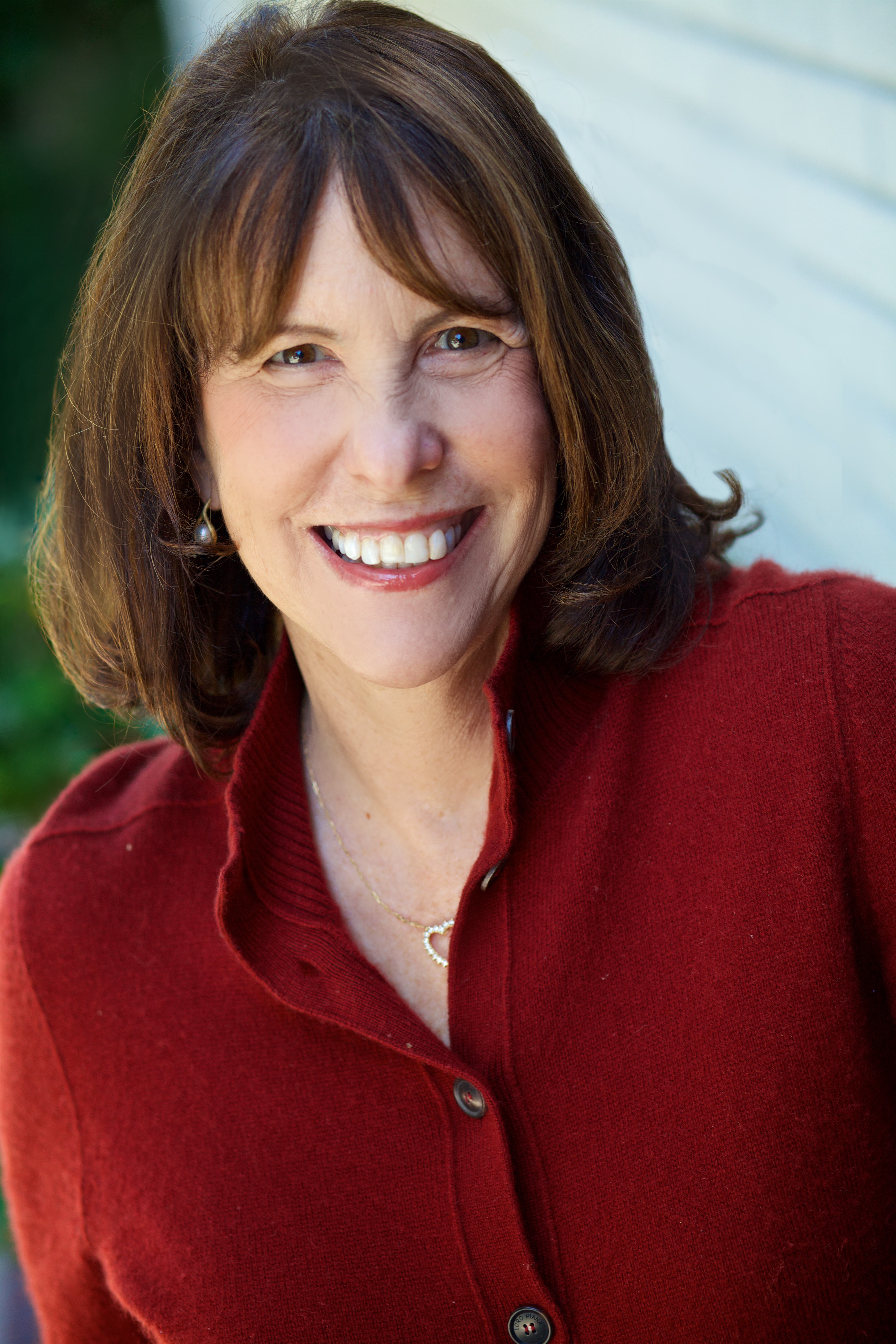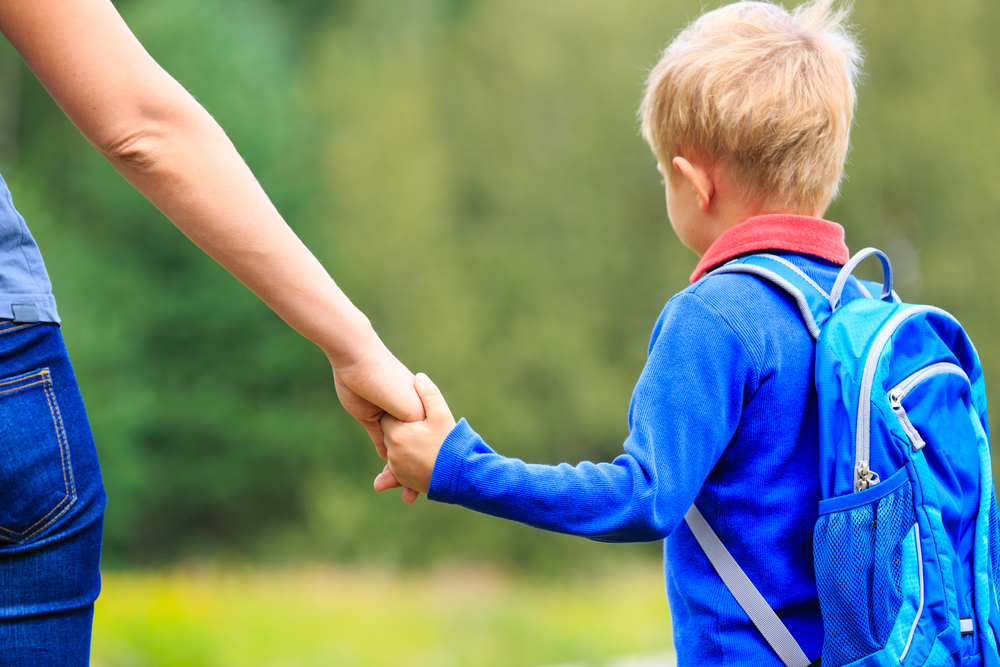James is 24. He’s spent the last nine months at the University of Texas on a $7,500 a month stipend but has not yet graduated. His parents have grown weary of supporting his party-indulgent, school-avoidant lifestyle. They have brought him home, and he actually lives in the proverbial (well-furnished) basement. He refuses to work and spends much of the day playing video games, puttering around the house and smoking weed. When I see him, it is clear that, not only does he not want to work, but he is incapable of working. He has never been held accountable. He doesn’t know how to talk to people easily. He has no confidence in his ability to handle transactions or conflicts. His parents are furious after all they’ve done to make life easy for him.
That of course is the problem. His parents who had long worried about his “sensitive nature” had never seen fit to let James struggle with the everyday challenges of growing up. When he didn’t want to sleep alone, they slept with him. When he was afraid to go to another house for a sleepover, they had the sleepover at their house. When he was anxious at camp, they came and picked him up. In spite of their best intentions his parents had effectively induced in him a state of disability. His parent’s relentless accommodation to their son’s anxiety effectively robbed him of any possibility of successfully managing to be an adult in a challenging world. All his bluster, bravado and weed smoking were a cover for his anxiety disorder.
While newspaper headlines, special reports and the 24-hour news cycle make us continually aware of the epidemic of anxiety impairing children, teens and young adults we are missing an equally disturbing fact. Rates of anxiety among us parents are just as high, just as disturbing and just as prevalent as they are among our children. One in three kids now have an anxiety disorder. So do one in three adults. These two facts are not disconnected. There is a well-documented genetic component to anxiety disorders but the story is complex. Anxiety disorders are not just handed down from one generation to the next. The science of epigenetics has made it clear that environment plays a major role in whether or not a gene is expressed. My observation is that parents are creating environments for their children that increase the likelihood of developing an anxiety disorder because we haven’t brought our own anxiety under control. Protecting our children from things that make them anxious also protects us in two ways. We don’t have to tolerate feeling discomfort witnessing our child’s anxiety and we avoid our own anxiety.
Our middle school daughter isn’t invited to the “popular girls” party. We can empathize and get on with our day or we can throw an alternative “spa” party in an attempt to seduce the popular girls to our house, and away from the “competition.” Doing this temporarily eases our daughter’s anxiety and sadness but eases ours as well. We don’t need to see her teary-eyed and we don’t need to relive our own history of exclusion. We both win! But of course, we both lose. Your daughter hasn’t learned that disappointment is part of the territory of life (and middle school in particular) and you haven’t learned that developing coping skills takes practice and builds exactly the kind of resilience that is needed when the future is certain to be uncertain.
If accommodating to our kids’ anxieties isn’t helping them or us, and is in fact disabling us all, what might actually help? We can acknowledge our own anxiety and how it impacts our parenting. We can calmly work to distance ourselves from practices that undermine our children’s growth. We can refrain from fanning the flames of our children’s anguish about a party they didn’t get invited to, not making the cut for the soccer team, or feeling badly about a poor grade. And we must not give in to — or give voice to — our own fears about these minor troubles. We need to build confidence in our kids by showing them that we have faith in their capacity to manage challenges. We can value being a brave family. Let your kids know about the challenges, big and small that you’ve faced in life and how you’ve managed them, whether successfully or not.
The very qualities our kids will need to thrive in the future — traits like adaptability, curiosity, creativity, and optimism — are cultivated when children learn to tolerate normal anxiety, trust their instincts, and take a chance. We parents will have to go first. We know kids learn best by watching us. Anxiety is useful, it is our biological warning system and alerts us to potential dangers. Anxiety disorders do the exact opposite. They interfere with learning, adaptation, well-being, physical health, and quality of life. We can begin bringing down rates of anxiety for both our children and ourselves. The rapidly evolving future is here and we will need all the bandwidth we can muster to meet it with anticipation and enthusiasm instead of anxiety and resistance.



